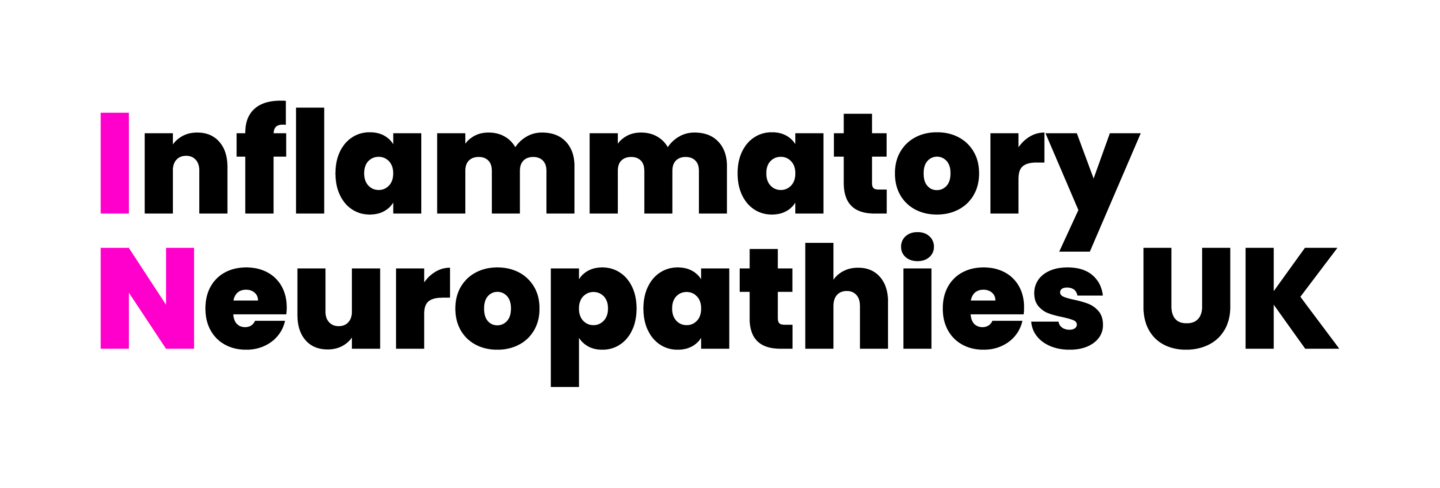GAIN Funded Research
Exploring experiences of the illness, it’s care and achieving function following Guillain-Barre syndrome
GAIN commissioned research to explore the experiences of the illness, its care and how people with Guillain Barre Syndrome (GBS) and Chronic Inflammatory Demyelinating Polyneuropathy (CIDP) living in the United Kingdom and Republic of Ireland can return to their lives following discharge from hospital, functioning as well as possible from a physical, psychological and social perspective.
This was achieved this using a series of studies: a systematic review of the published research on the experiences and views of people living after GBS or with CIDP; an interview study exploring experiences of the illness, its care and return to function in more depth; and a survey to gather information more widely from people with these conditions.
Laparidou GBS systematic review PONE 2021
Akanuwe Exploring experiences of GBS HEX 2020
GAIN is committed to supporting research projects and is currently funding 3 projects in the UK.
Analysis of anti-GM1 complex antibodies in autoimmune neuropathies
Professor Hugh Willison:
Anti-GM1 antibodies have occupied a central position in diagnostic and pathogenesis studies of anti-ganglioside antibody-mediated autoimmune neuropathies for 25 years, without any definite consensus on their clinical utility and associations, or their pathogenic effects. New investigations by us, building on long standing data of others, have identified categories of anti-GM1 antibodies whose binding is either partially or completely dependent upon heteromeric complexing of GM1 or GM2 with galactolipids, notably GalC. Through this we can now identify marker antibodies in over in over 90% of patients with multifocal motor neuropathy. In this study we aim to isolate anti-GM1/GalC antibodies from human subjects and mice, and then use them in experimental neuropathy models to test hypotheses about their possible pathogenic effects on peripheral neuronal and glial/myelin membranes. In particular we predict that differential binding of anti-GM1/GalC antibodies to either axons or glia will dictate the principal sites of vulnerability to antibody attack, which will in turn influence the pattern of clinical disease and outcome. Through such an analysis of different subtypes of anti-ganglioside/galactolipid antibodies, we aim to better define their clinical role in acute and chronic neuropathies, improve diagnostic sensitivity and specificity, and reveal new therapeutic targets in this enigmatic group of disorders.
Observer blind randomised controlled trial of a tailored home exercise programme versus usual care in people with stable inflammatory neuropathy
Dr Claire White, Dr Rob Hadden, Prof Paul McCrone:
Many people with inflammatory immune mediated neuropathies (IN) experience long term activity limitation (or disability) and may need health and social services as well as informal care from family and friends. long term management varies but observational studies suggests that exercise may improve activity limitation. Following a systematic literature review and a pilot feasibility study the randomised controlled observer blind trial aims to establish the efficay and cost effectiveness of a tailored home exercies programee (tHEP) on activity limitation in 54 people with stable IN compared to usual care. The tHEP will be based on physiotherapy assessment and participants’ preferences and will incorporate aerobic and strengthening exercise. the primary outcome of improving activity limitation and secondary outcomes of fatigue, strenth, endurance, mood, health beliefs and quality of life will be assessed at baseline, after completion of the intervention or usual care and at 12 months. Demographic data and information regarding service use, informal care and health status will also be collected and used to evaluate cost-effectiveness of the intervention. Semi-structured interviews with a purposive sample of people from the exercise group wil investigate the acceptability of the tHEP and factors adherence to it.
Clinical and biological determinents of disease course in Guillain-Barre syndrome: a prospective UK-wide clinical initiative interfacing with the International Guillain-Barre syndrome Outcome Study – IGOS
https://gbsstudies.erasmusmc.nl/
UK/IGOS steering Committee (Prof Willison, Dr Lunn, Dr Winer)
Funded in year 3
Despite continuing progress in understanding the pathophysiology and advancing the treatement of Guillain-Barre syndrome (GBS), outcome in patients has not improved in the last two decades. At present about 20% of patients remain serverely disabled and about 5% dies (1 in 4). One explanation for the slow progress is the relative rarity of GBS, and its highly variable clinical course, in turn dictated by heterogeneous pathopysiological subtypes amongst different patients. These determinents of disease progression and recovery in GBS are still poorly understood, likely being influenced by the type of proceding infections, immune factors including anti-glycolipid antibodies and genetic polymorphisms. studiying these issue a case-by-case basis is clearly ineffective, and concerted cooperation amongst investigators is essential. On this background. a major international effort to rectify these gaps in knowledge has been initiated, termed the International GBS Outcome Study (IGOS), a prospective multi-centre study including at least 1000 patients with GBS. The aim is to support a clinical fellow who whose roles with be to coordinate the patient recruitment in the IGOS register throughout UK centres and to conduct clinical and serological association studies for anti-glycolipid autoantibodies in the IGOS cohort.
Experiences of critical care nurses caring for adult patients with Guillain-Barre syndrome
Click the link to read the PDF:

